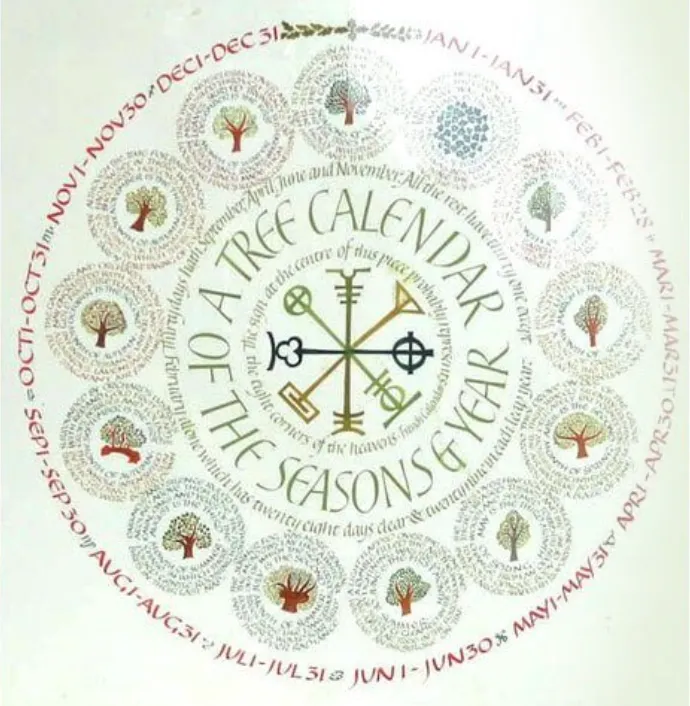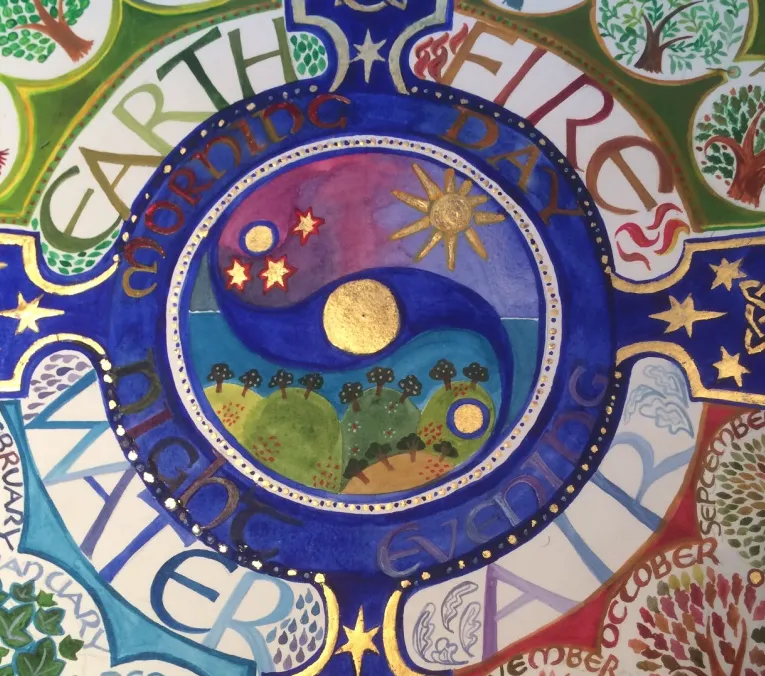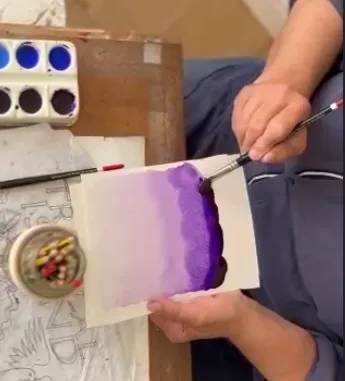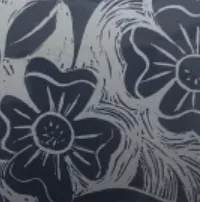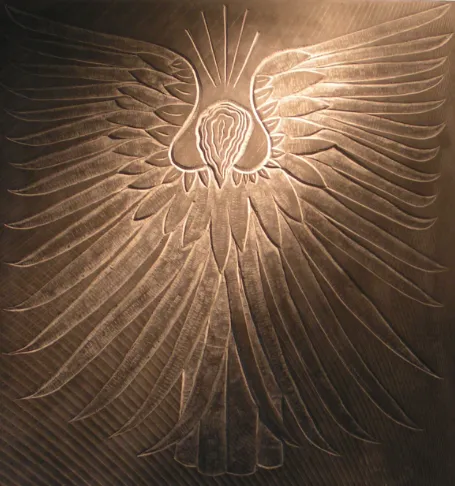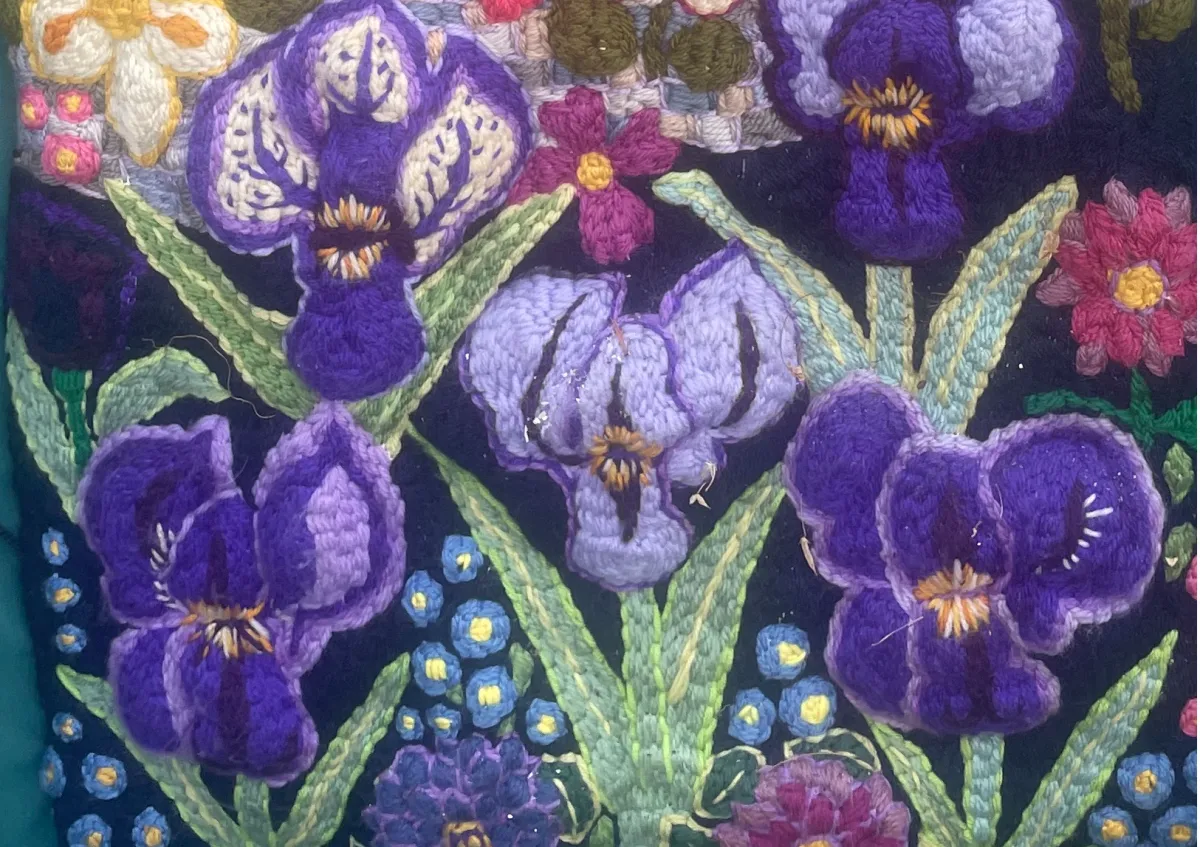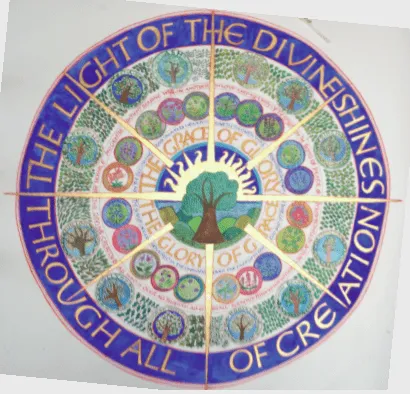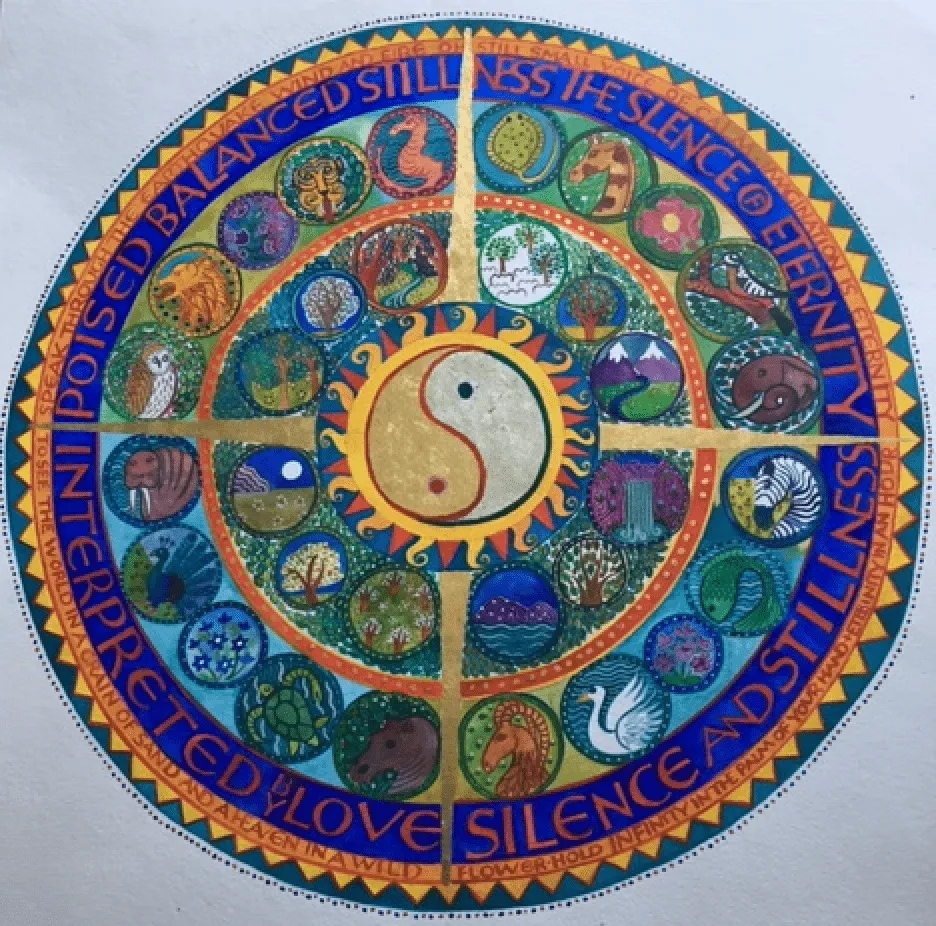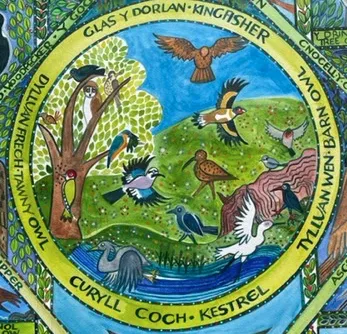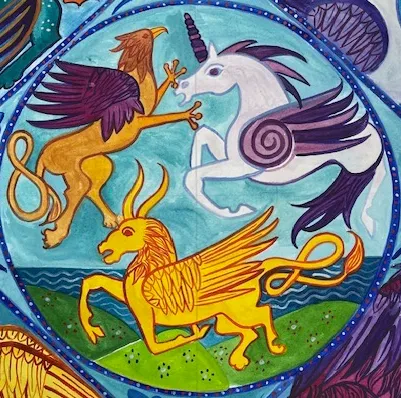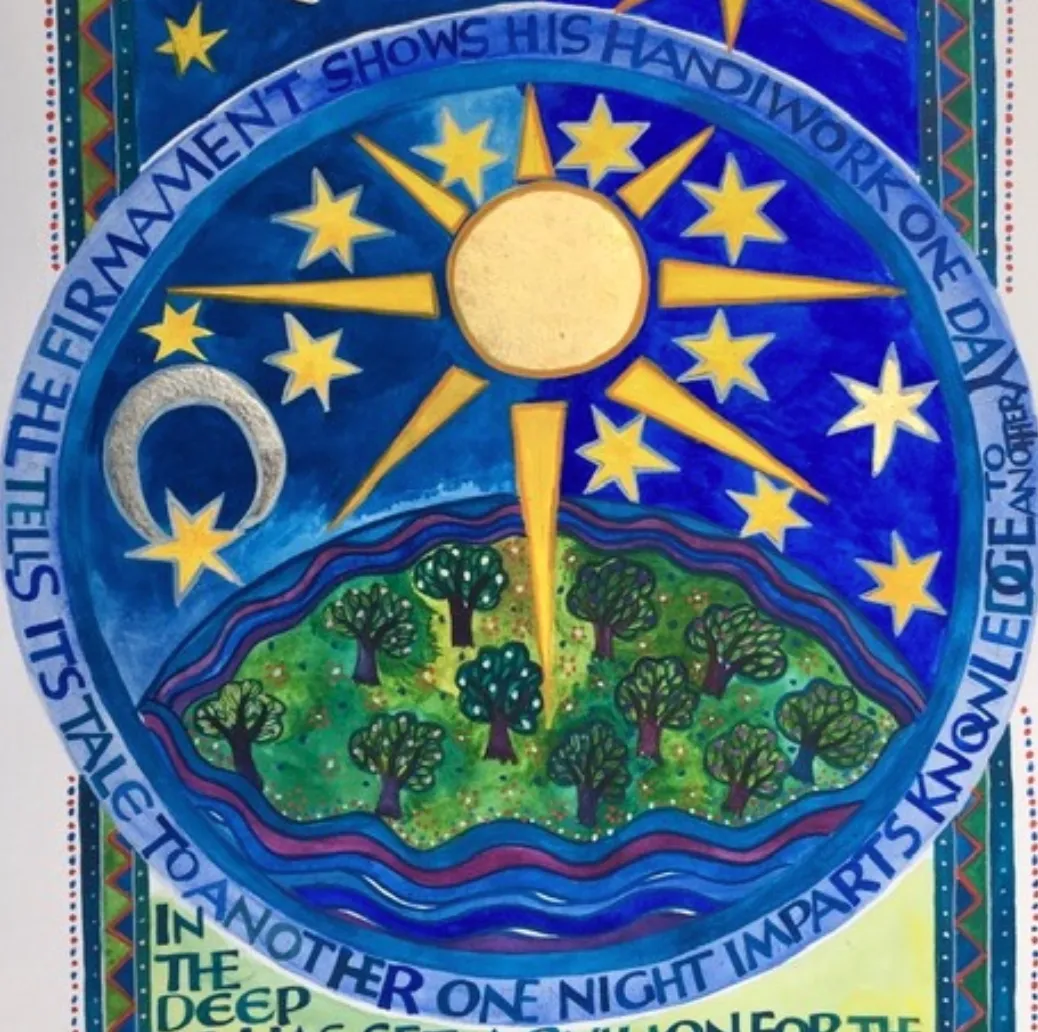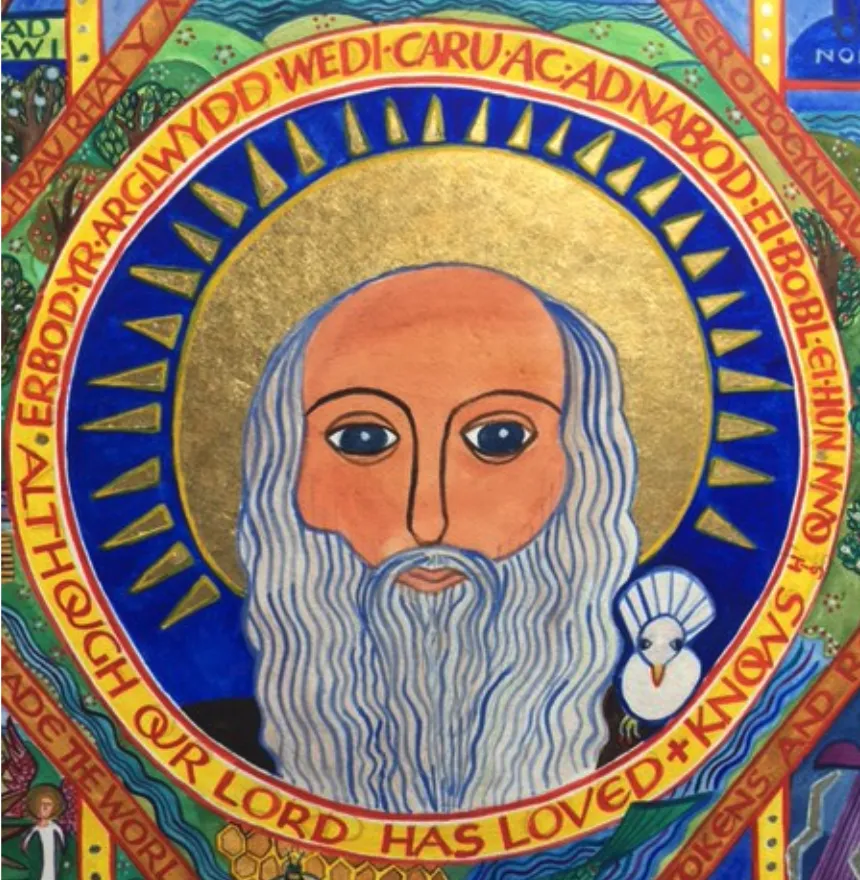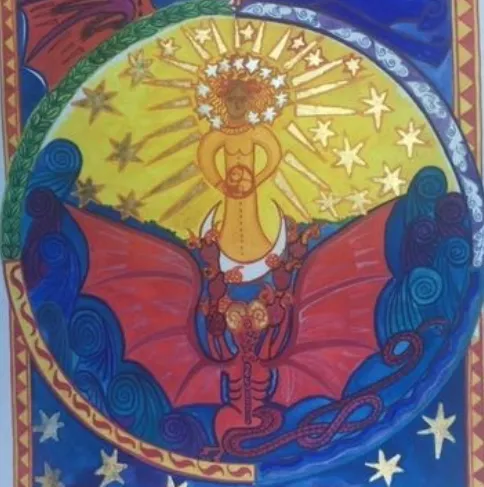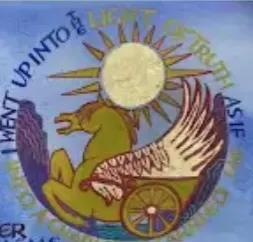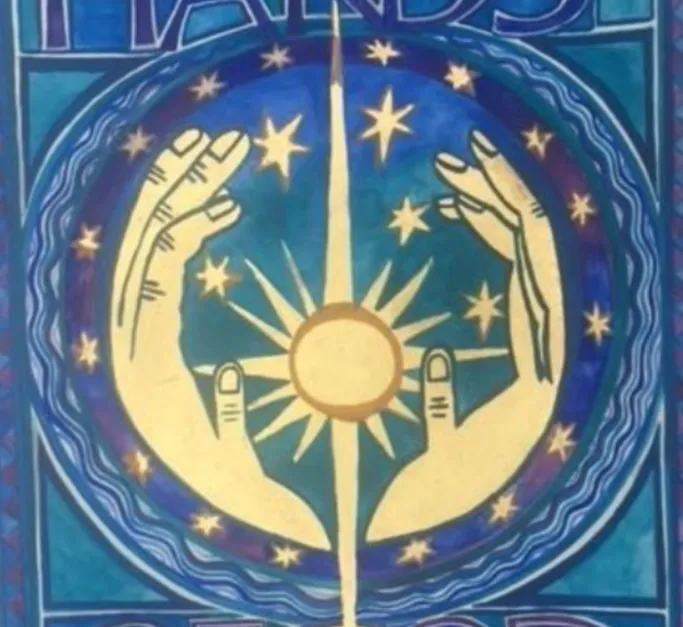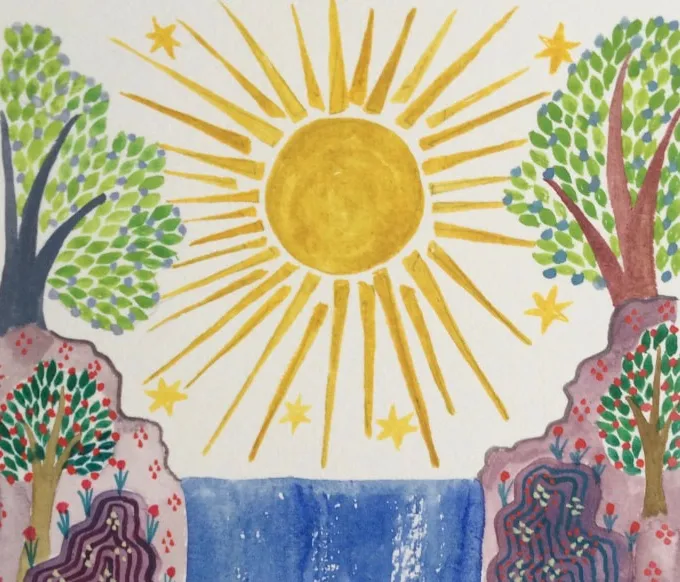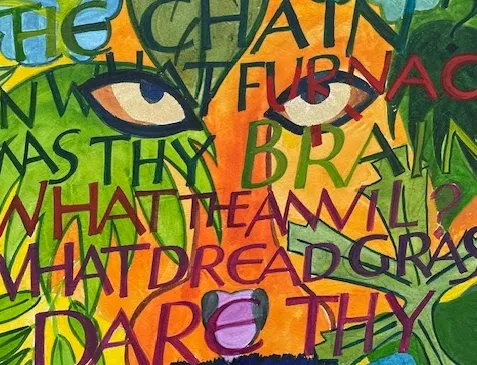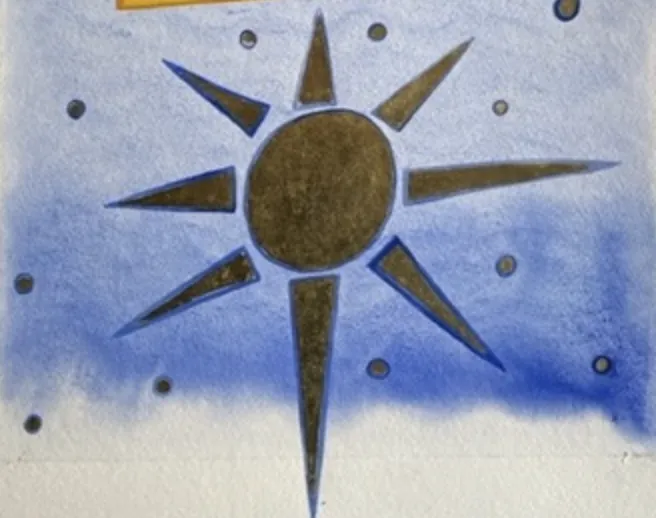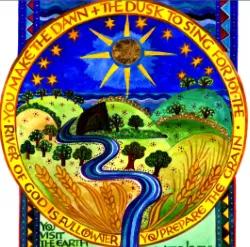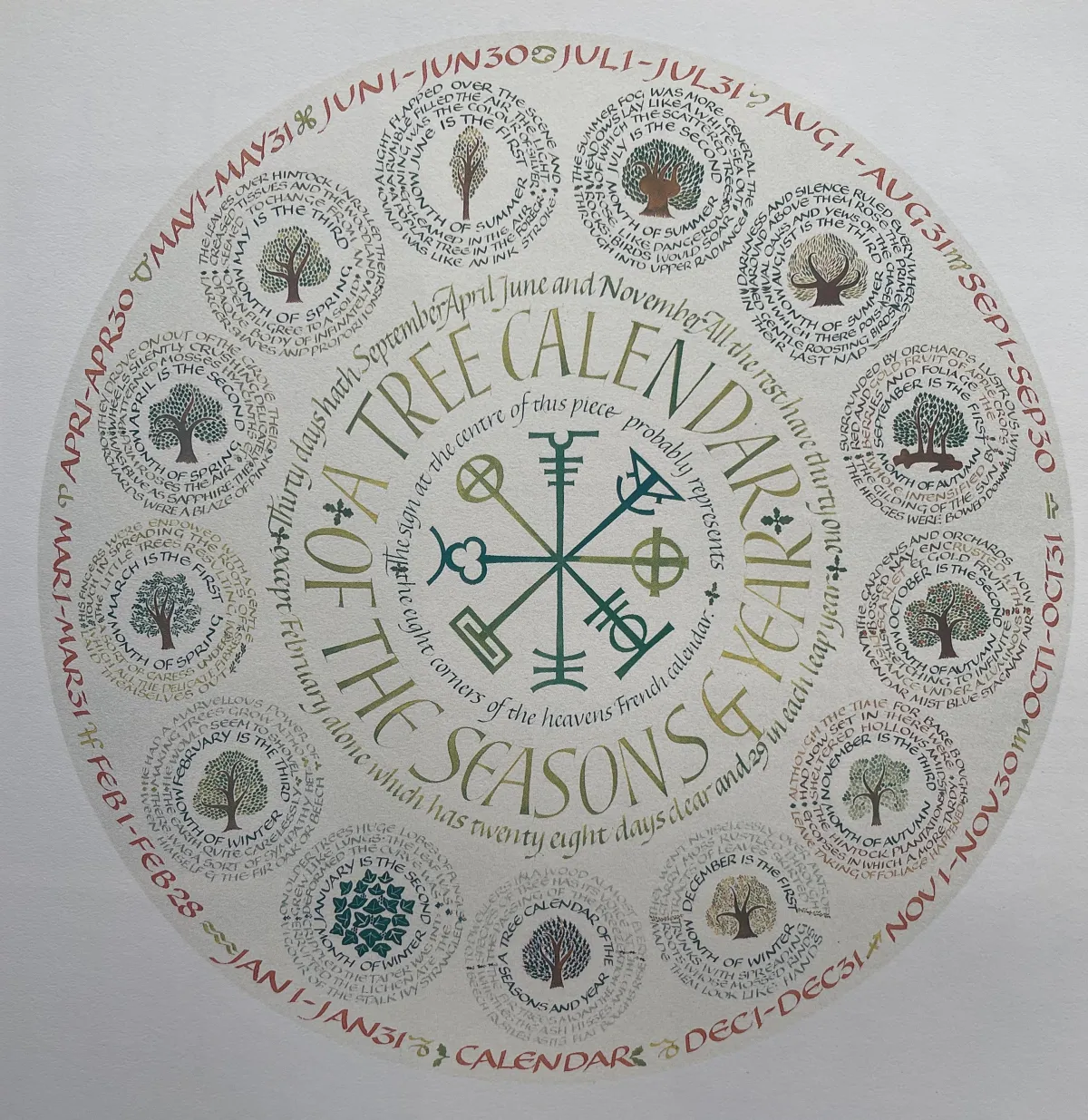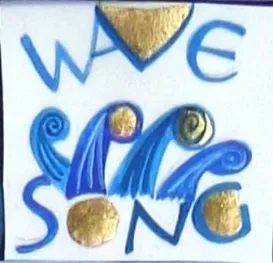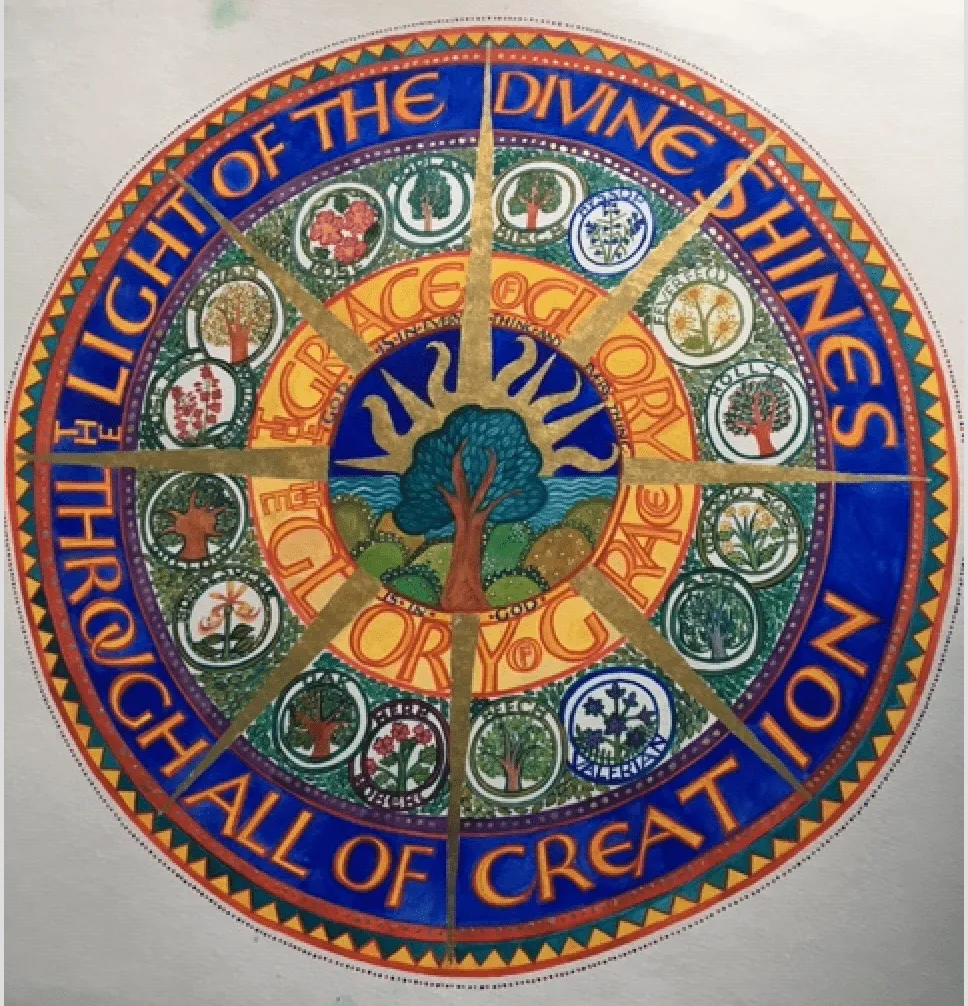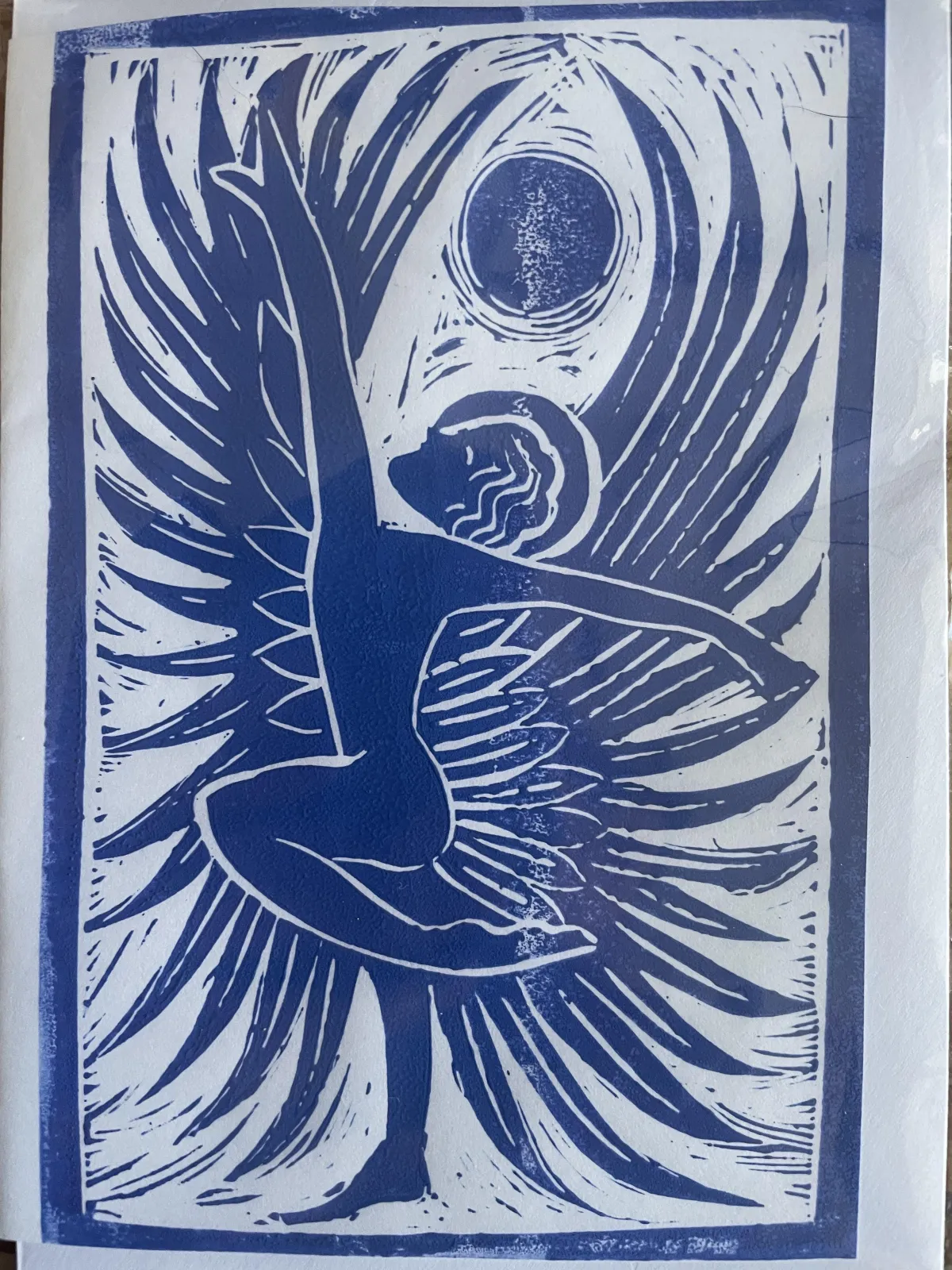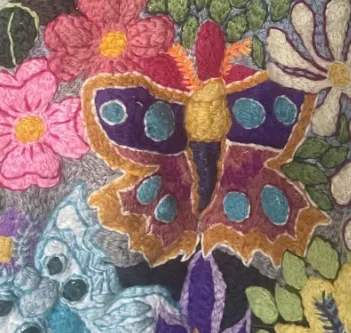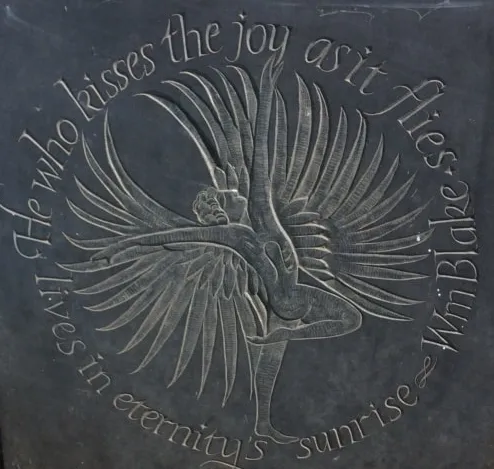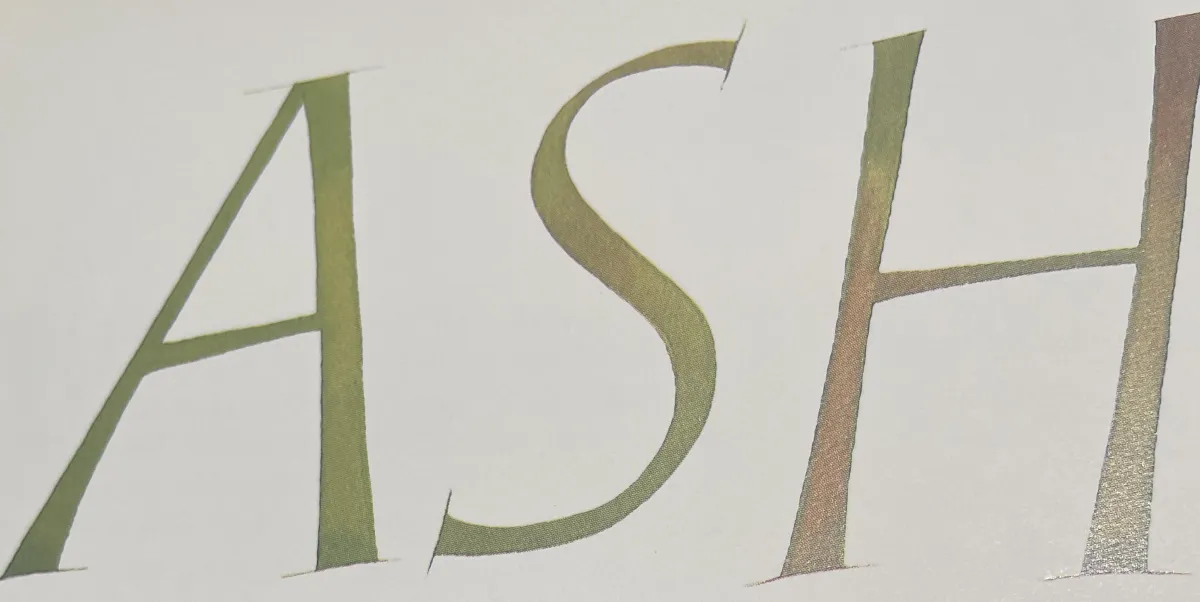
Hand Drawn Lettering
Observation and imitation through the skill of pencil drawing forms the basis of art. Whether it is natural forms, plants and animals, the human body, or historical examples of letters we look at, the discipline of looking and drawing is fundamental to our practice as artists.
Drawing letters is an important skill for those wanting to carve or paint letters. The careful study of letterforms is essential to the understanding of how letters are made. Through very careful looking at the source letter and drawing with a pencil we can develop our eye - hand co-ordination in a way which serves all our artistic undertakings.
A pencil is a wonderful tool. It can be seen as an extension of our own body. Held loosely in the fingers it can create marks which illustrate our looking and perception of form. Good drawing is the core practice for any art. It is a discipline which we can easily practice on a daily basis and so build up a library of sketch books as reference material for future projects.
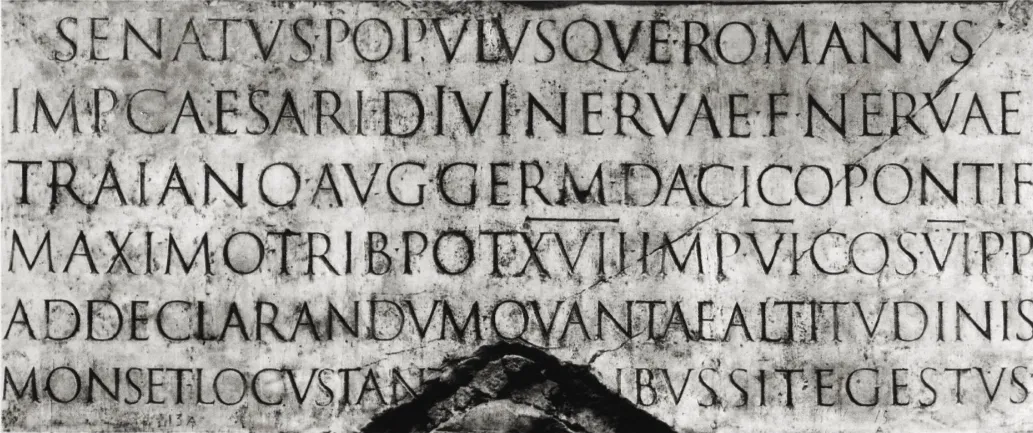
Trajan Lettering
The finest example of carved Classical Roman lettering is to be found on Trajan's column, in Rome.
Word Pavement
In the beginning was the word
This piece explores letters as abstract shapes in their own right as well as being the means of written communication. The eye of the viewer is invited to wander through the shapes, finding its own path to contemplation and understanding of the words
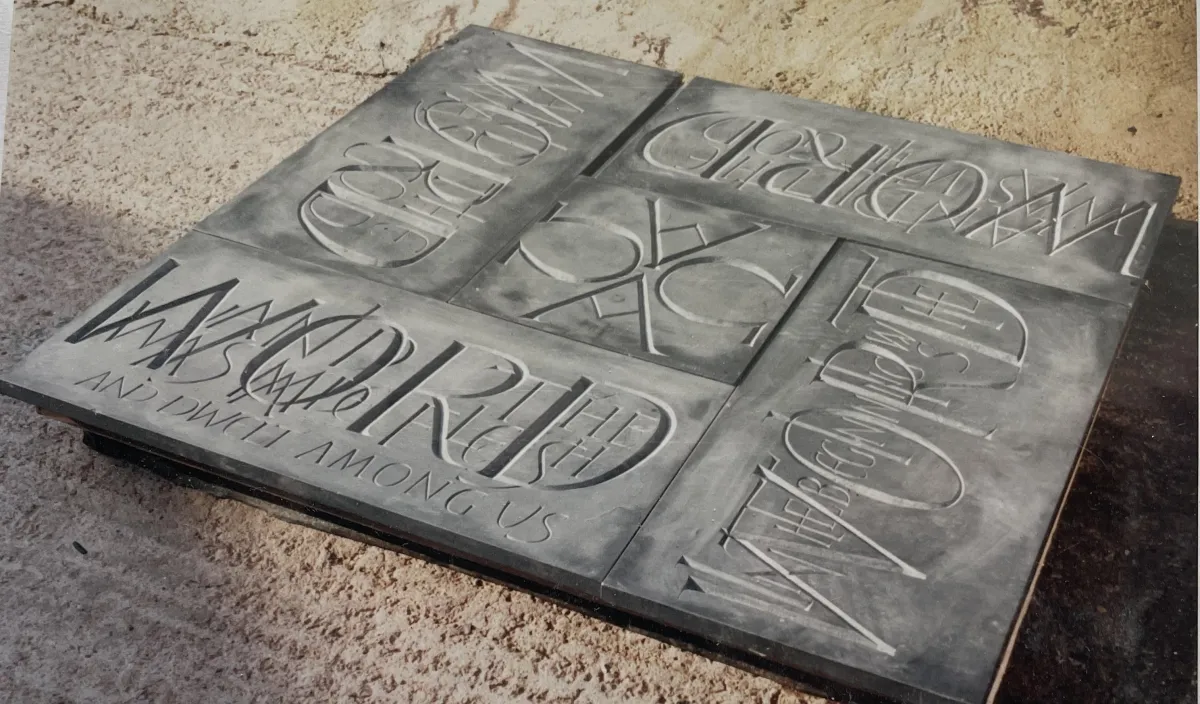
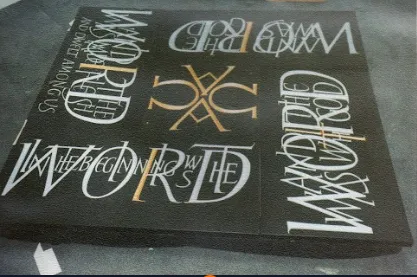
Word Pavement - Painted
In the beginning was the word
Painting and gilding carved letters can give them a different strength and appearance. In this case the slate has been oiled which has made it darker and the white painted and gilded letters stand out dramatically against the dark backgroundre
In the Beginning
Water Sculpture
This riven welsh slate water sculpture explores the relationship of the object and its reflection .
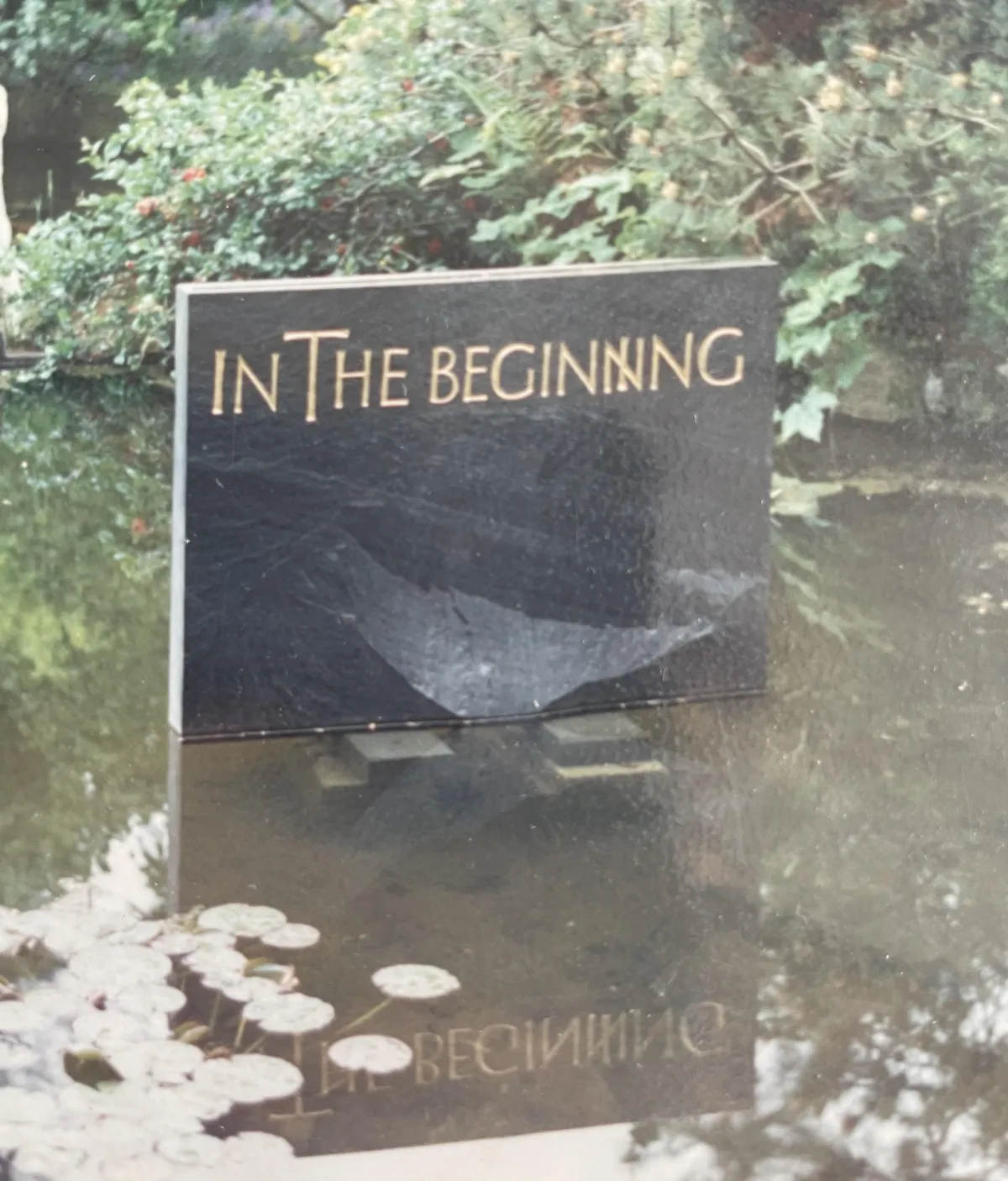

Ash
This is a detail from a large piece which was designed to capture the qualities of a walk through the woods using lettering and calligraphy of various sizes and colours
Oak
Oak also comes from the woodland walk but shows formal Roman lettering based upon the Trajan script.
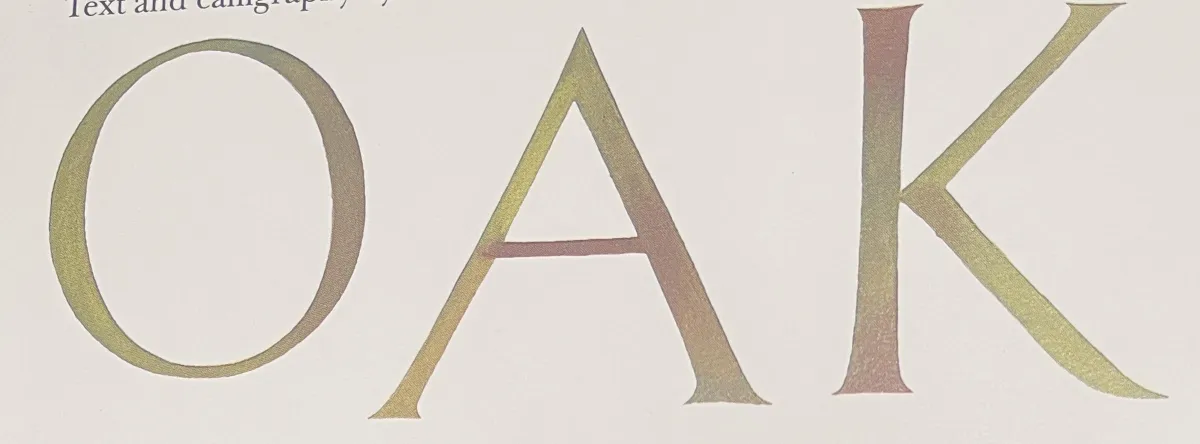
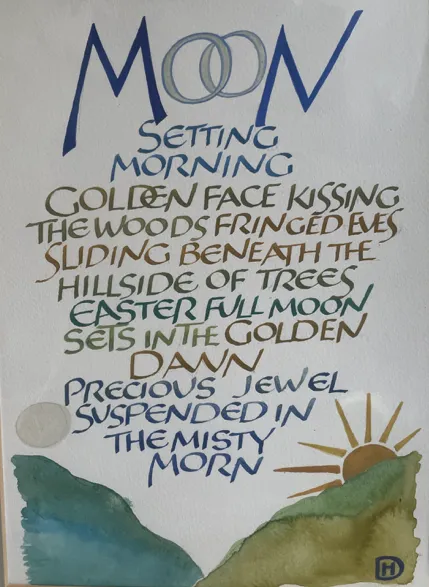
Moon
A poem lettered out in freely written pen capitals. The essence of these letters is their dancing movement across the page , whilst the variation in colour is designed to capture the colours of the landscape
Nottingham Castle Pavement
This illustration shows part of a large architectural commission for a paving for Nottingham Castle. A community art project facilitated people to write poems about the museum and the history of the castle. These were selected to be carved in leaf shapesrecalling the Sherwood Forest. The slate shapes were then set in pebble mosaics .
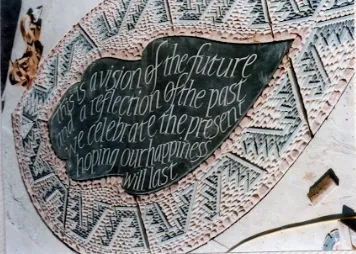

Speak through the Earthquake
This piece of lettering is created from the words taken from the hymn
'Dear Lord and Father of Mankind. '
Deep Peace Roundel
This large scale circular piece, four foot in diameter combines illustration and lettering as a form of contemplative journey. Bands of lettering encourage the eye to mover around the composition which is punctuated with small vignettes of different landscapes. It is one of a series of eight pieces, all of which combine drawn and written lettering with illustration and gilding.
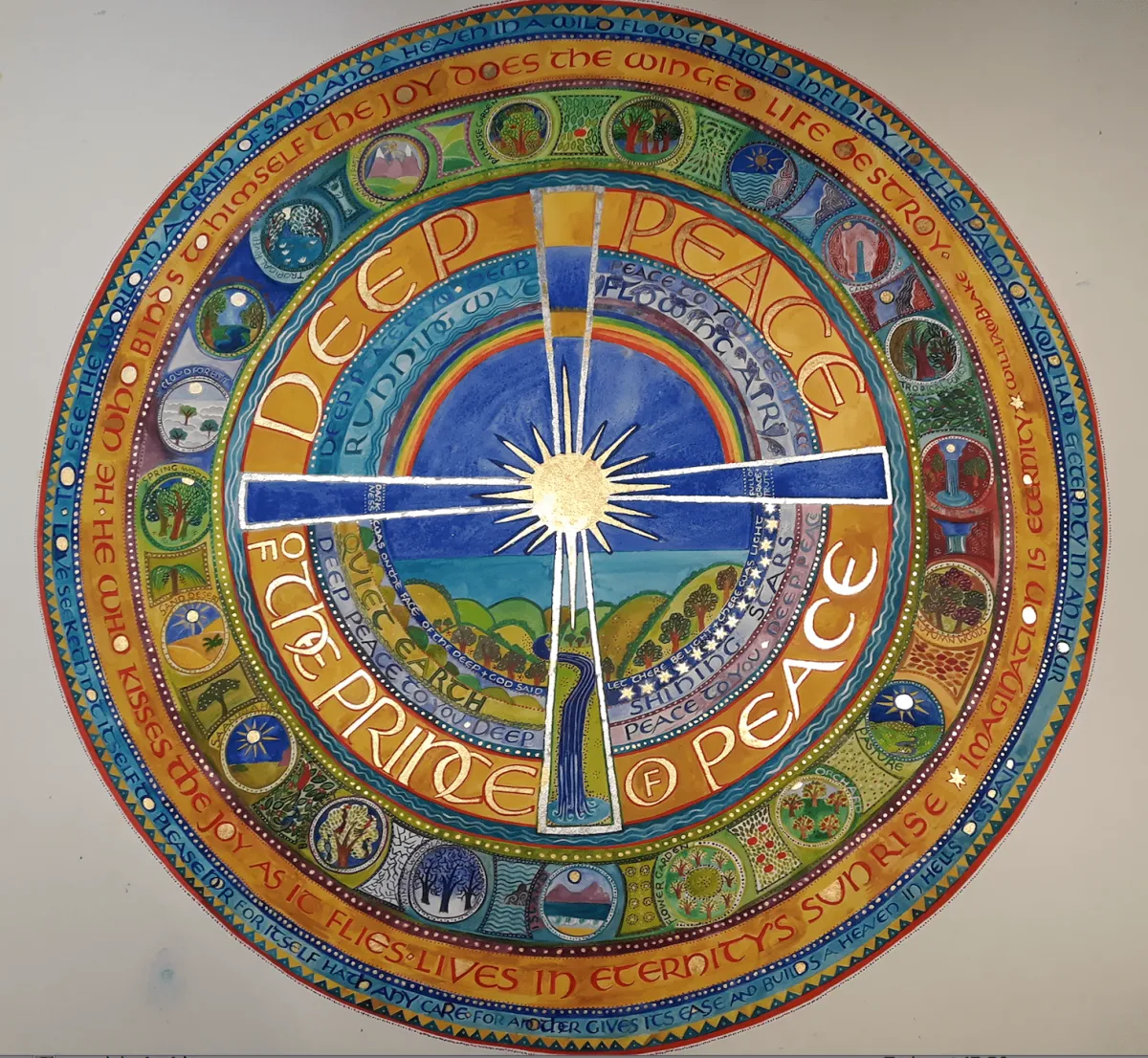
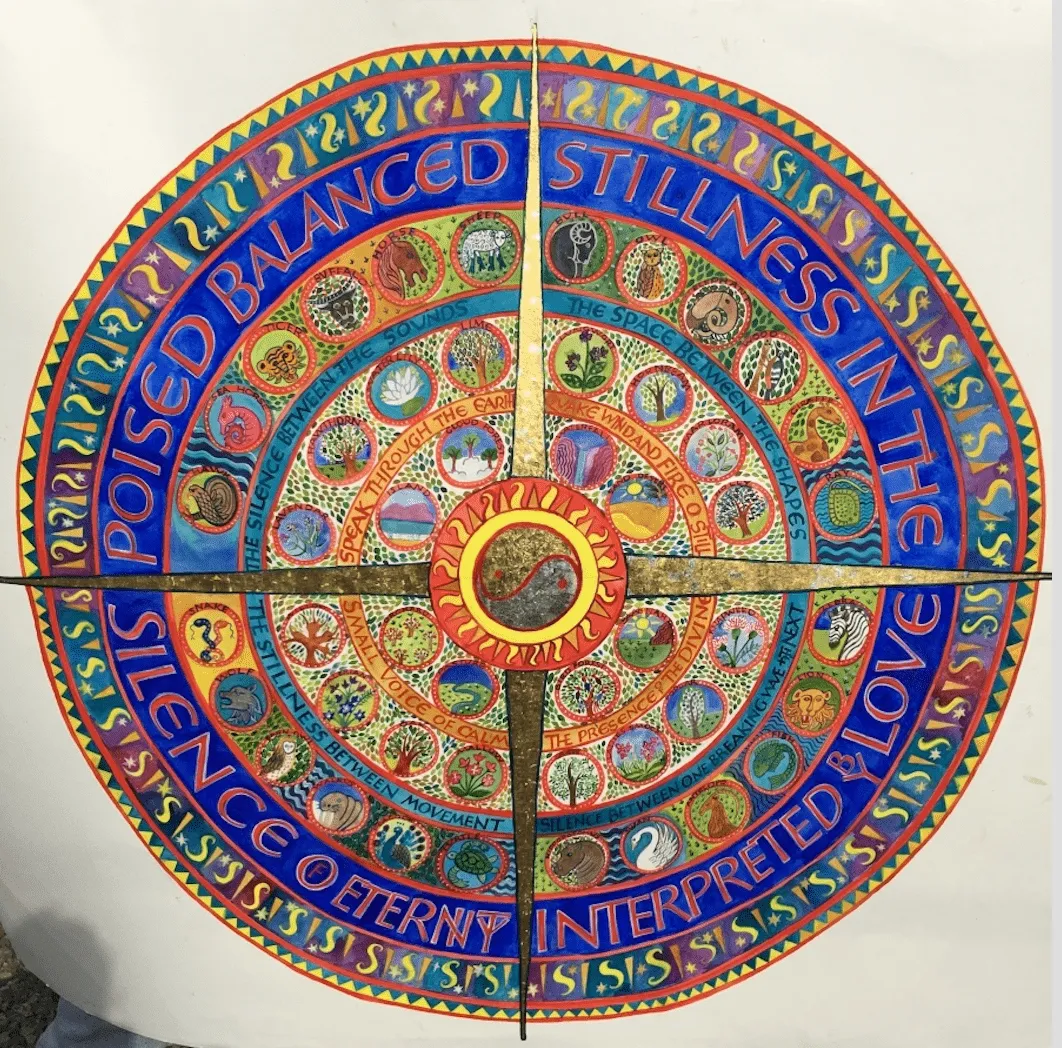
'Poised Balanced Stillness in the Silence of Eternity'
This panel contains elements of the other seven in the series with a flaming sun at its centre
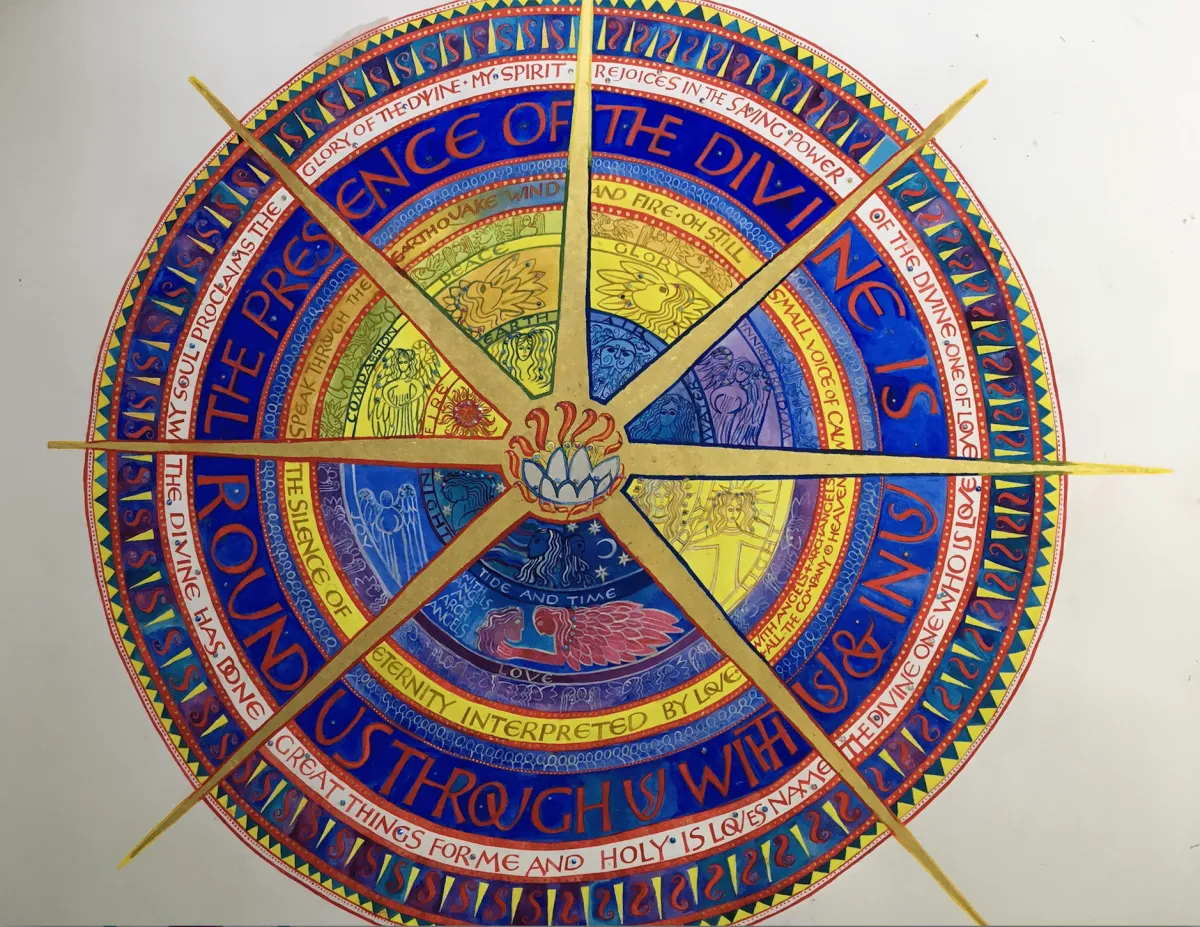
'The Presence of the Divine '
This panel focusses on the divine human and human divine
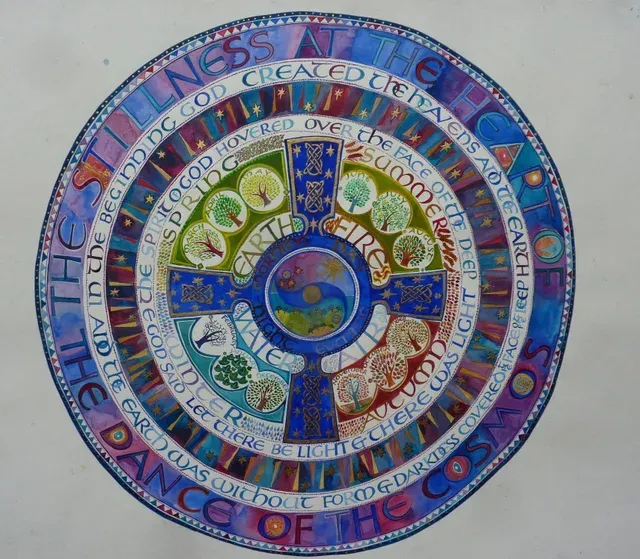
'The Stillness at the heart of the Dance of the Cosmos'
This piece has a Celtic Cross at its centre. It celebrates that the Divine is in everything and everything is Divine.
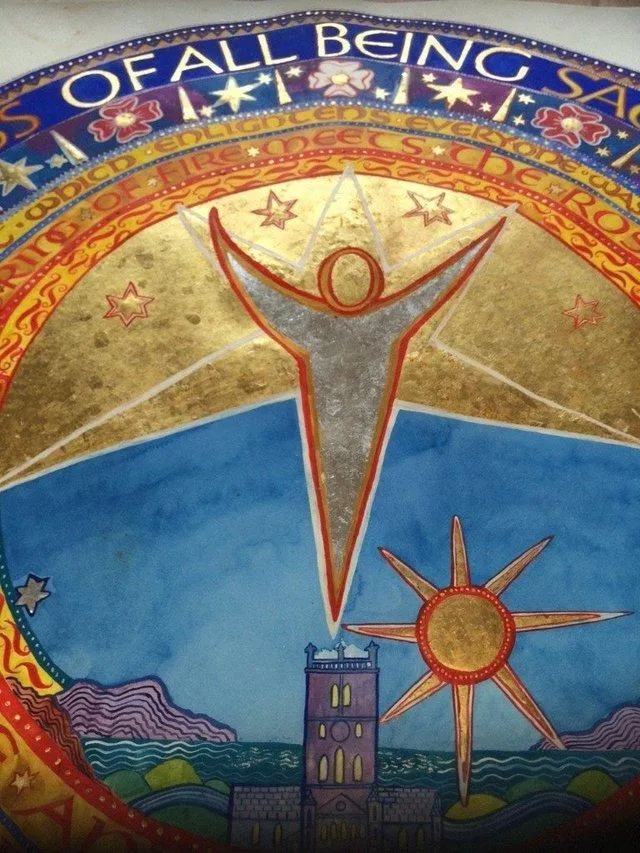
The Oneness Of All Being Spirit
Unites with Matter
This large panel illustrates the risen Christ upon the tower of St Davids cathedral, surrounded by the land and sea scapes of the peninsular
Shop
Any design you see on the site can be purchased online on request
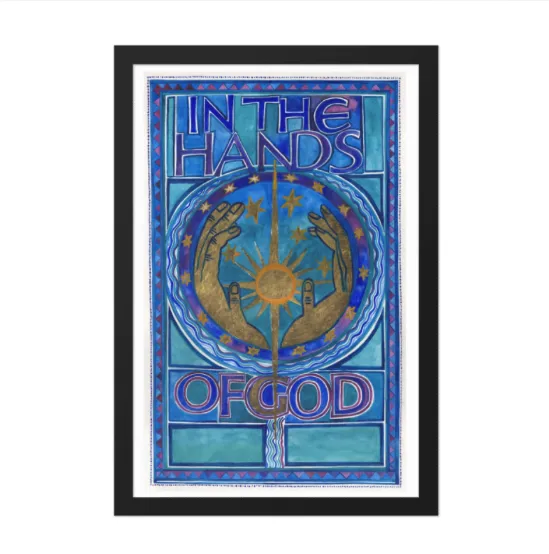
Framed Prints
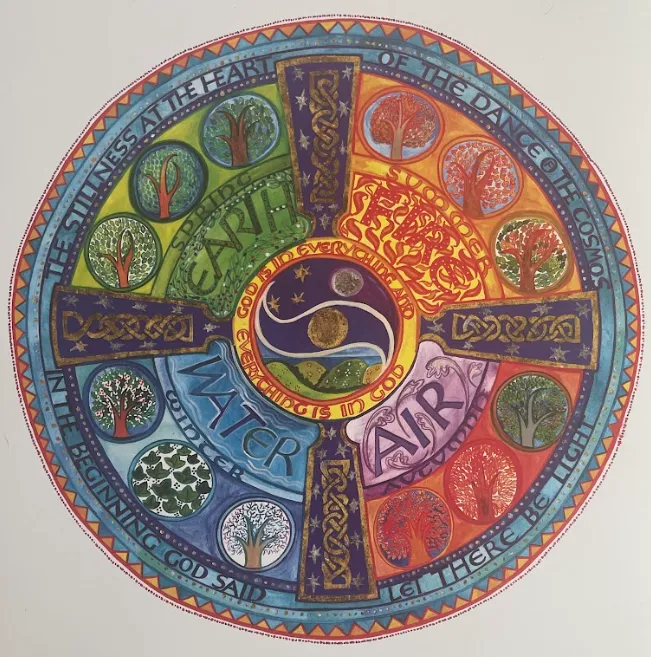
Cards
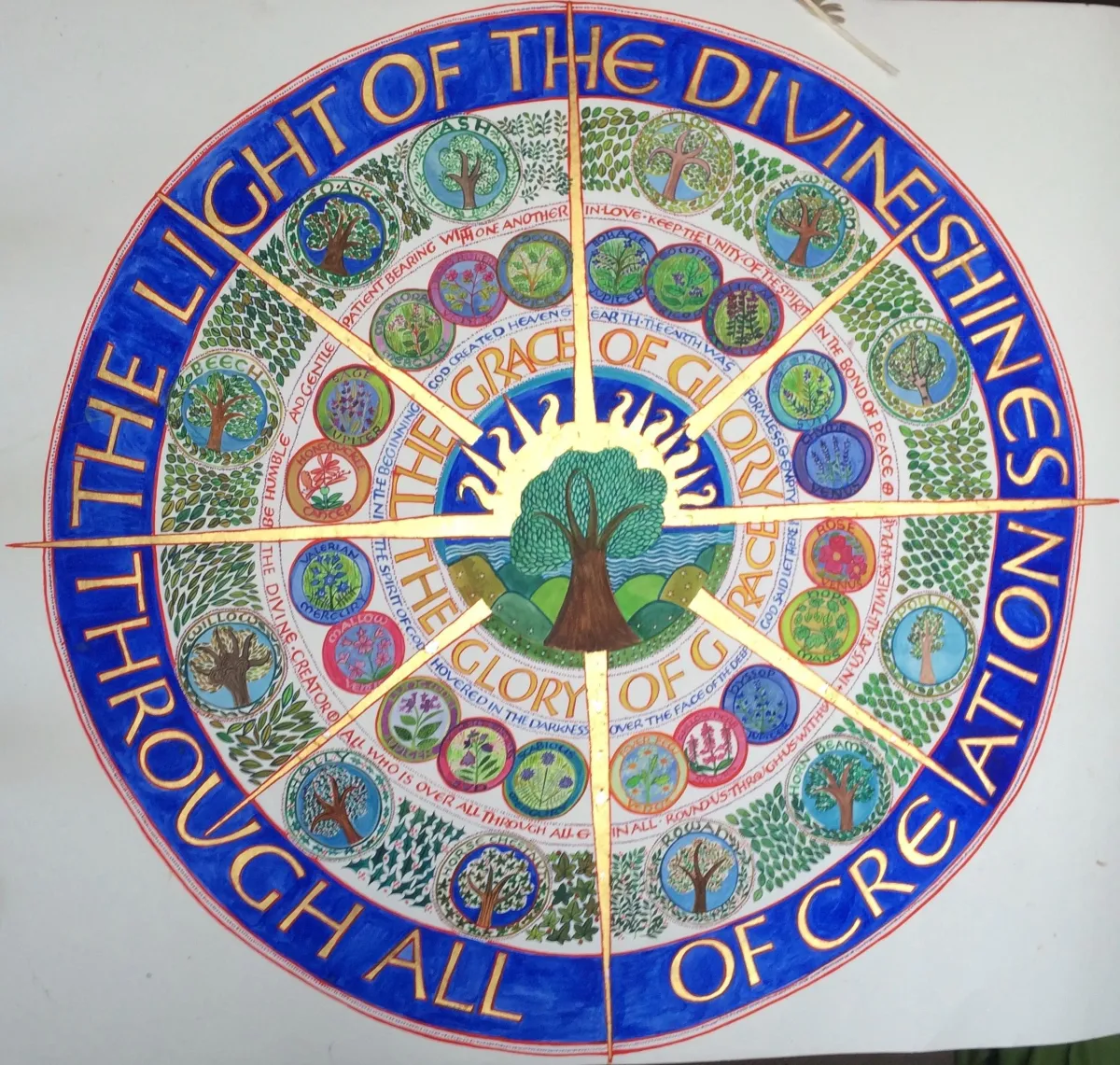
Unframed Prints
Copyrights 2025 | Diana Hoare | Privacy

